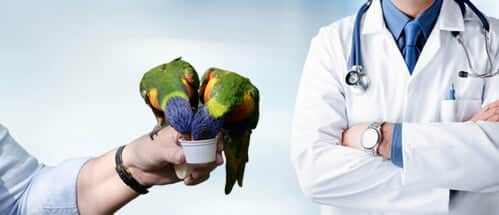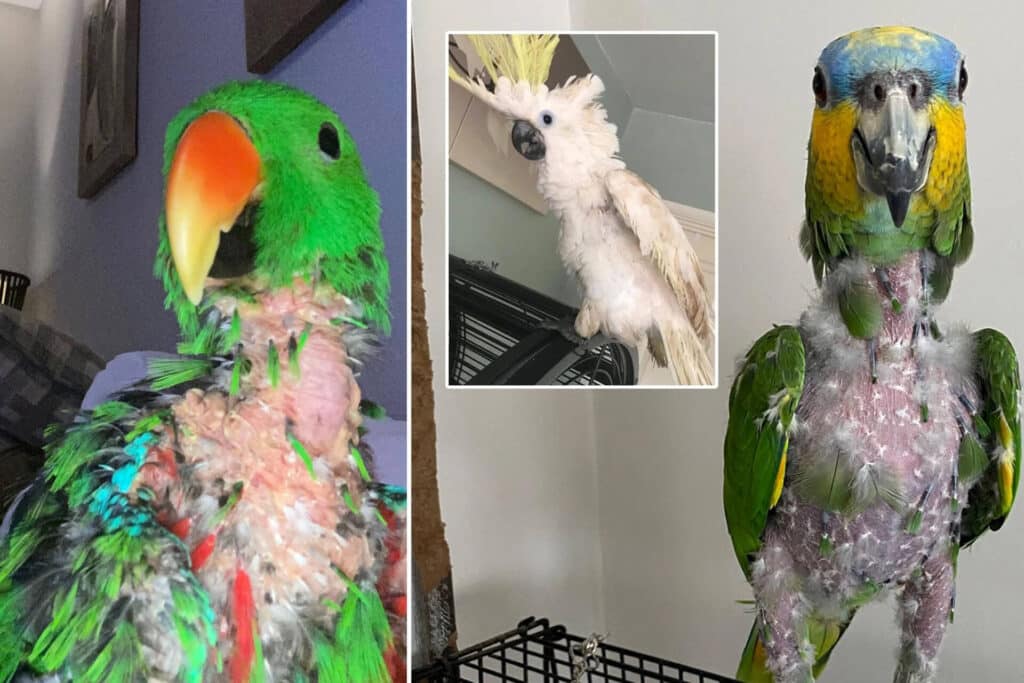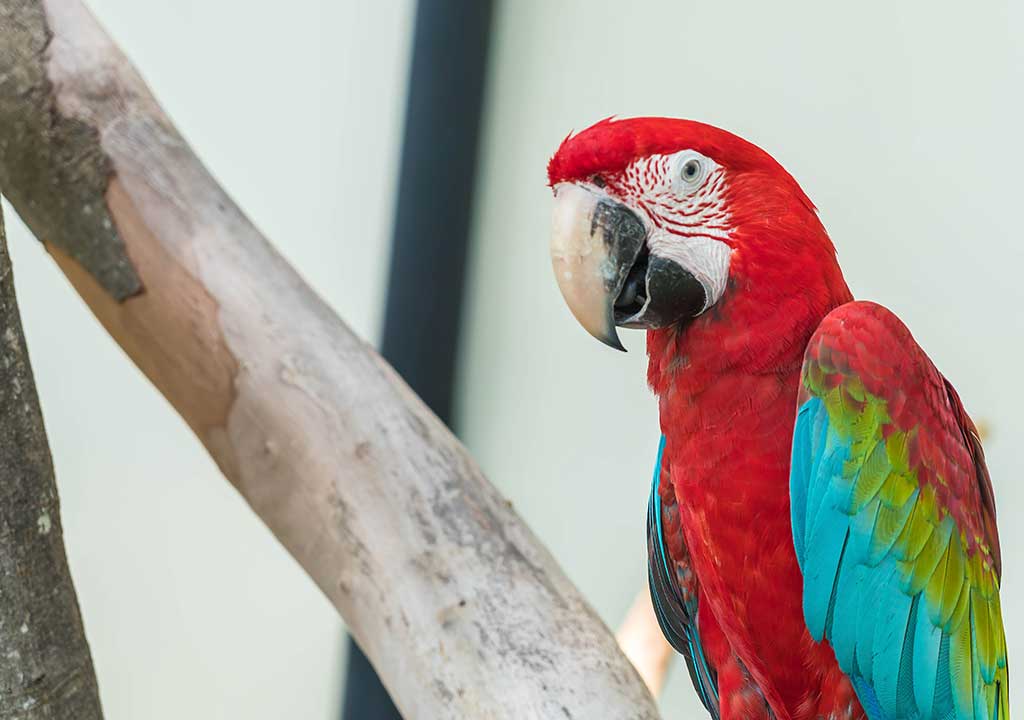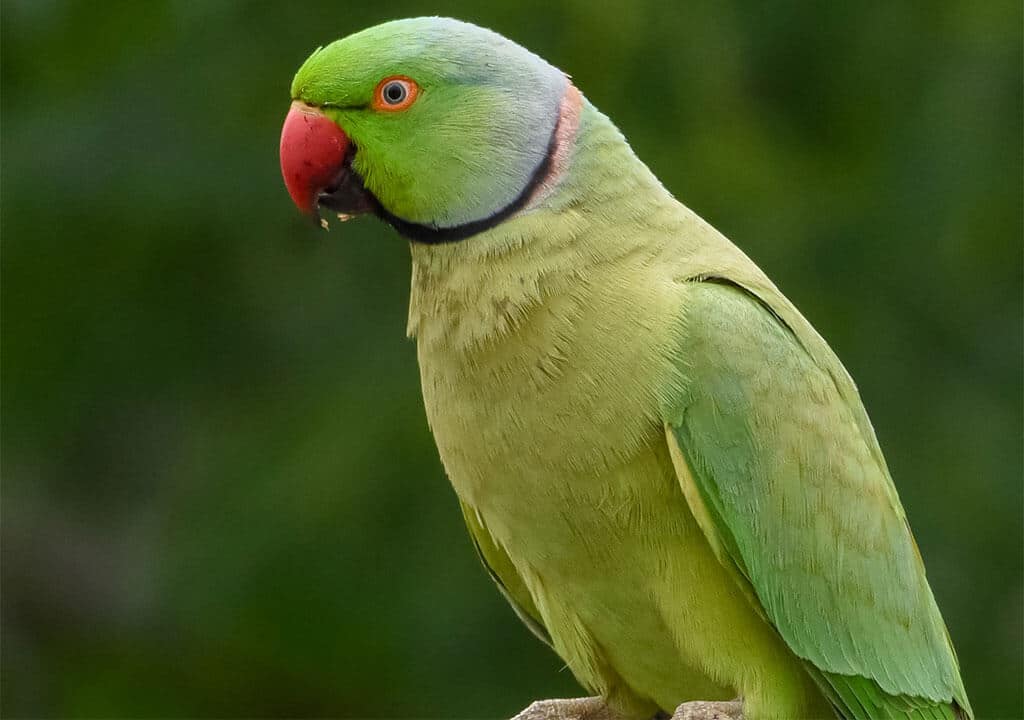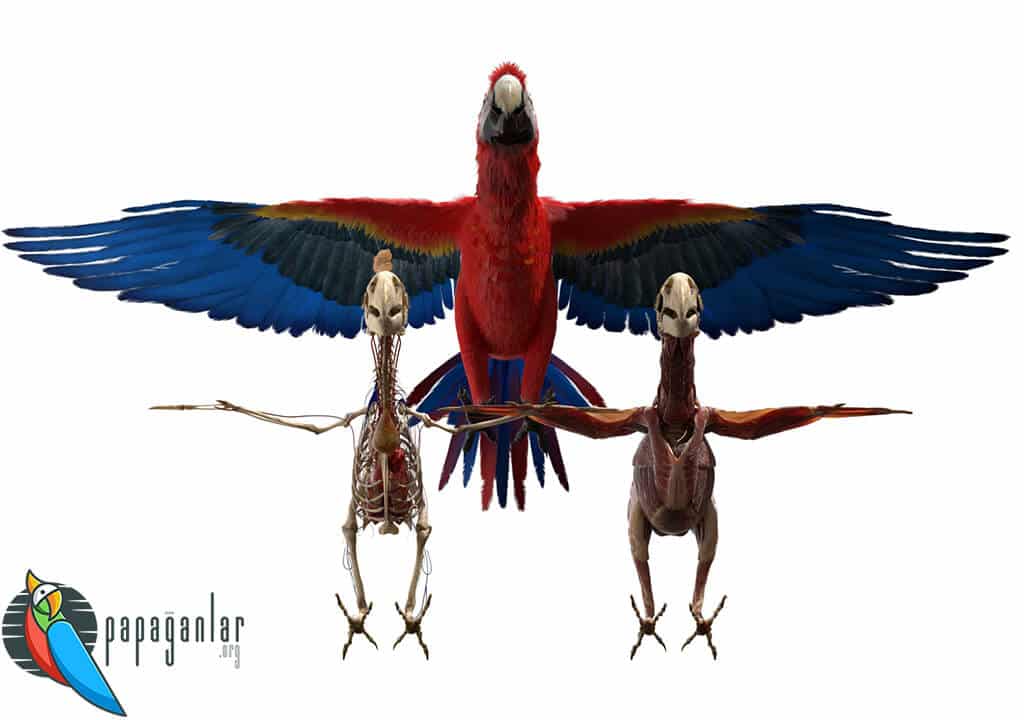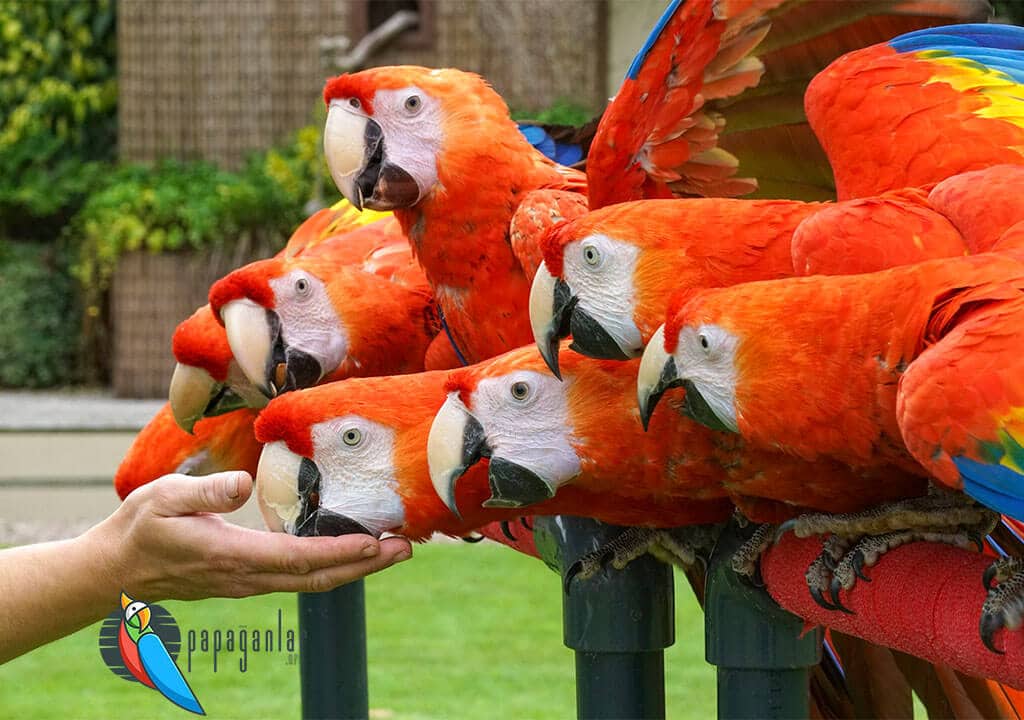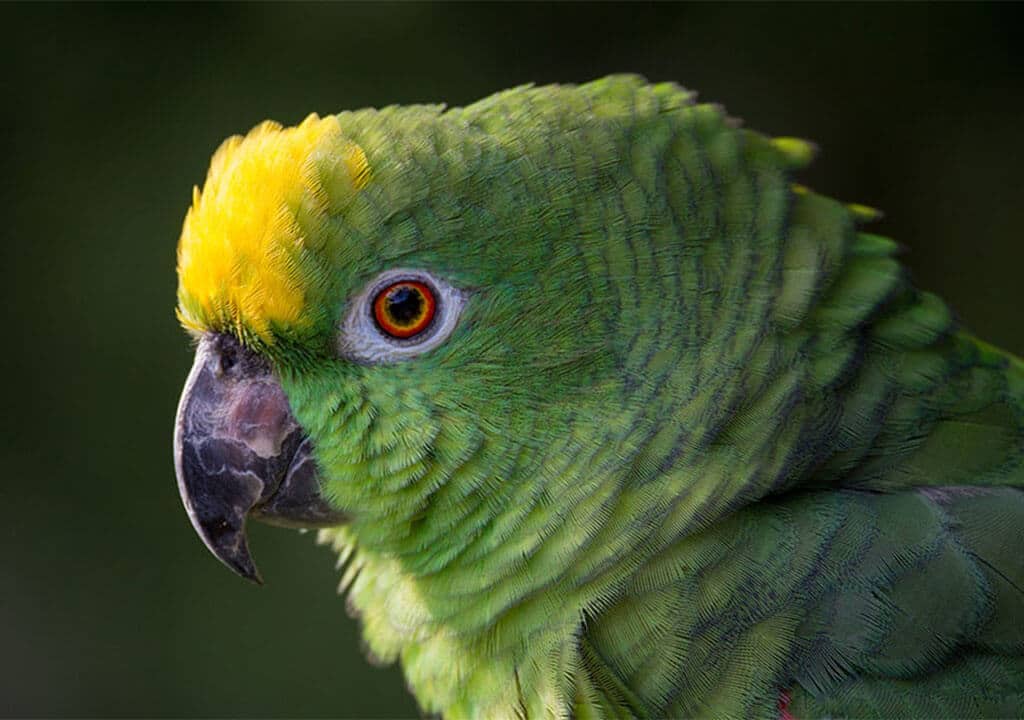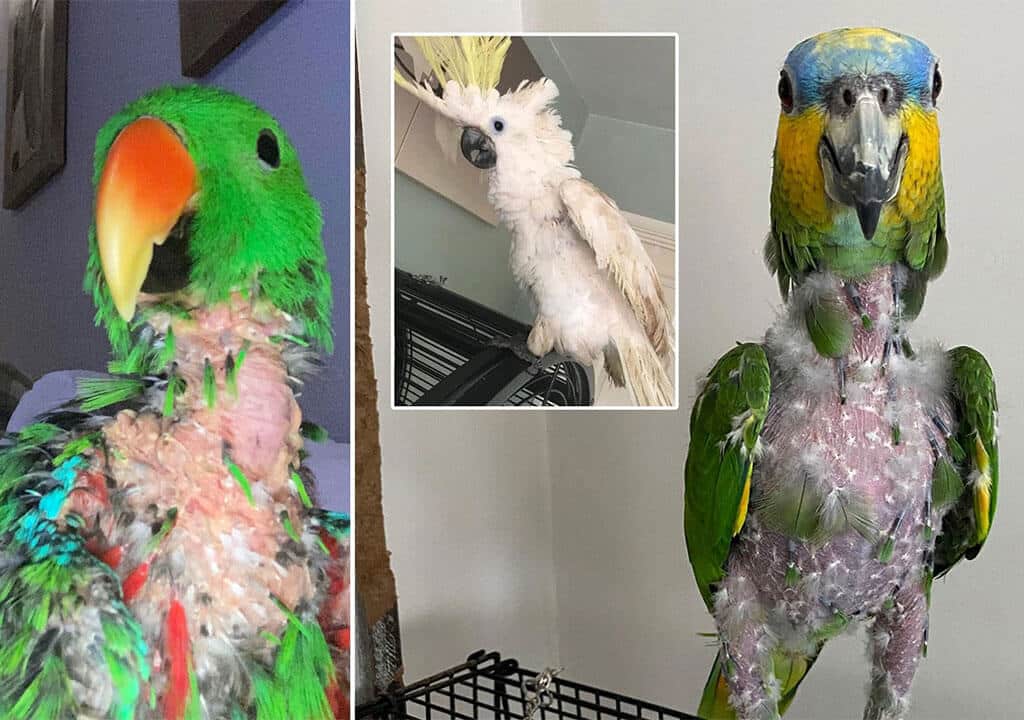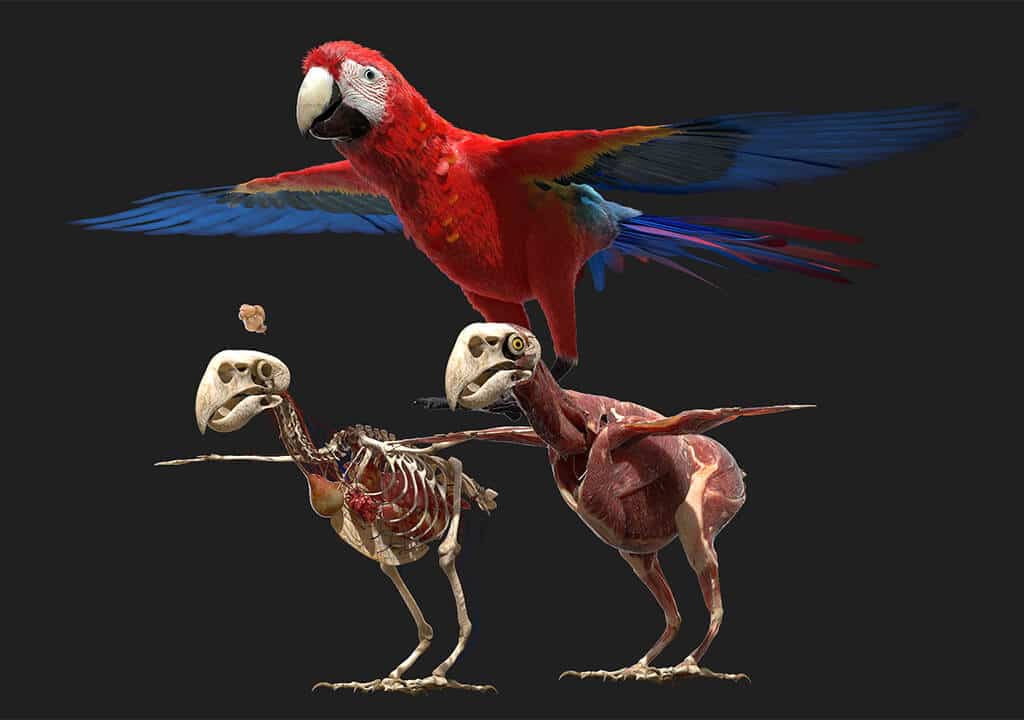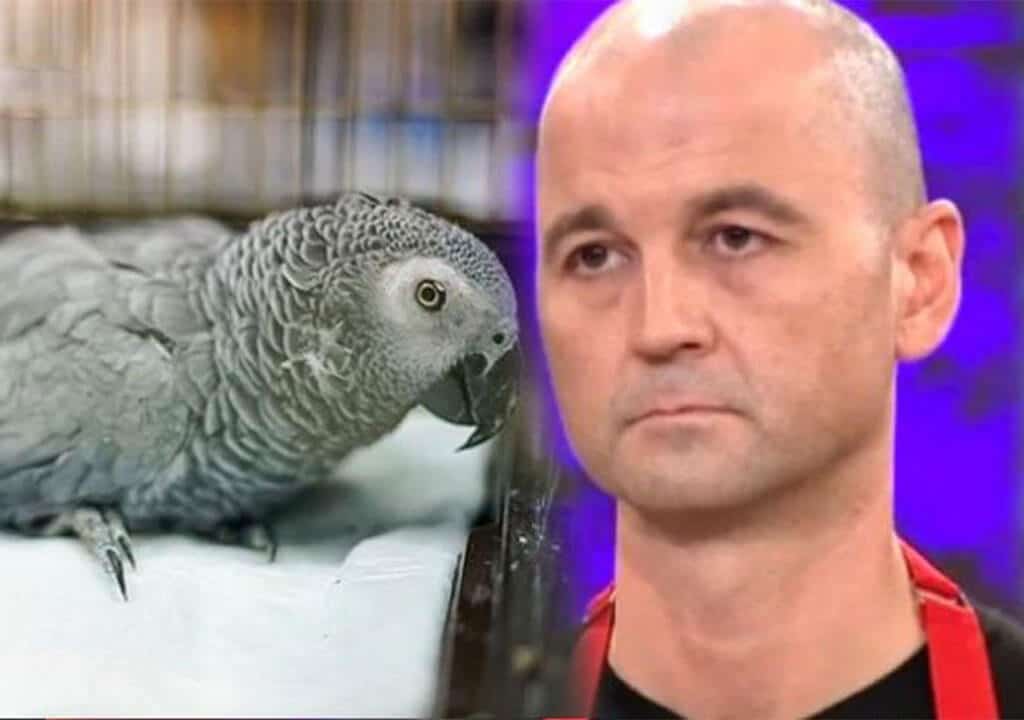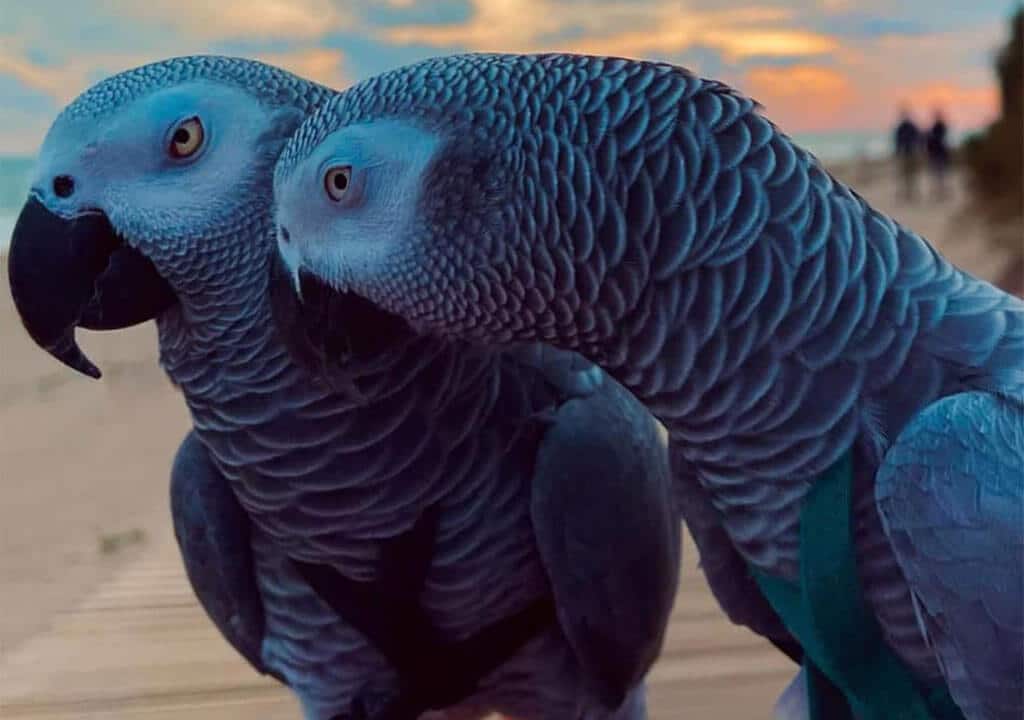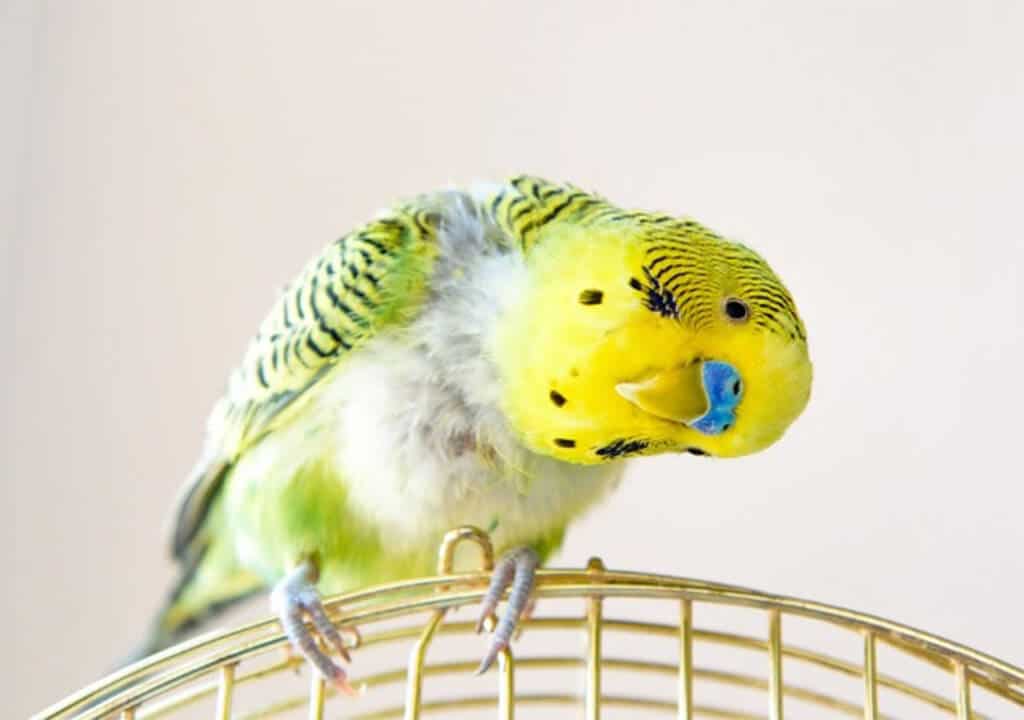It is important for parrots not to get sick or to identify their diseases early so that irreversible disorders do not occur in the body. Parrots’ regular checkups prevent them from getting sick, preventing their owners from suffering unnecessary distress and financial losses.
Parrots should be examined at least once a year, and their care and nutritional status should be reviewed. This application should be repeated more frequently in young and old parrots and those showing signs of illness.
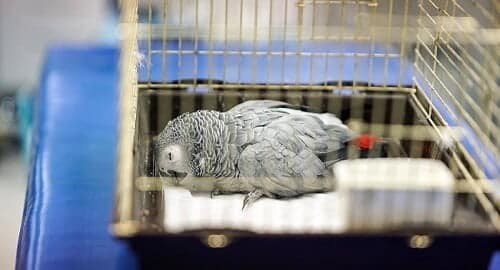
From Parrot Owners on Inspection;
- How long has the parrotbeen with them?
- Where did you get the parrot?
- Whether there are any other pets in the house
- If there are other cage birds at home, their health status
- The size and type of the cage, the material on the bottom of the cage, the type of perch and cage accessories
- Whether the parrot comes out of the cage, how often does it come out, whether the parrot has contact with the open air
- How often the cage is cleaned and what materials are used for cleaning
- The temperature of the parrot’s environment
- The temperature of the parrot’s environment
- The light sources of the room where the parrot is located and the changes made to these light sources
- Humidity in the cage location, source of moisture and water
- Trademark of the food supplied, where the food was purchased, how often and how much food was given, how often and how much feed the bird consumed
- The color, amount and density of the drops the parrot expels
- Brand and dosage of drugs used
- Provided vitamins and minerals
- Pesticidesand care products used
- Other pets that the parrot has come into contact with
- Possible toxins that the parrot may come into contact with (cleaning materials, cigarette butts, ashtrays, heavy metals and pesticides)
- Parrot’s sex and reproductive status
- Behavior changes
- Mating time and story
- The currents seen in the parrot, changes in the drops, foreign objects in the mouth, injuries and swellings, etc. Many information such as parrot owner can be asked.
Veterinarians in Examination of Sick Parrots;
- They lose their body weight
- They observe the posture and movements of the parrot
- Parrot examines the drops
- They examine the parrot’s feathers, skin, eyes, nostrils, oral cavity, ears, feet, wings, bones, and tail.
- The parrot examines the pectoral muscles, abdomen and drip zone
- Listens to the heart, air sacs and lungs, monitors respiratory movements
- They look at blood cells, blood serum and chemical parameters
- If necessary, they take care of the beak, wings and nails.
Veterinarians apply the following tests according to the origin of the parrots, age, species, general condition and previous test results.
- psittacosis
- Psittacine beak, feather disease
- Disease caused by polyamavirus
- Direct smear preparation, gram staining and flotation of drops
- Culture and antibiotic susceptibility tests of swabs taken from the cloacal or conchal region
- Radiography
- Plasma protein electrophoresis
Baby parrots and poultry in parrot breeding can be vaccinated against polyamavirusand pacheco’sdisease.




